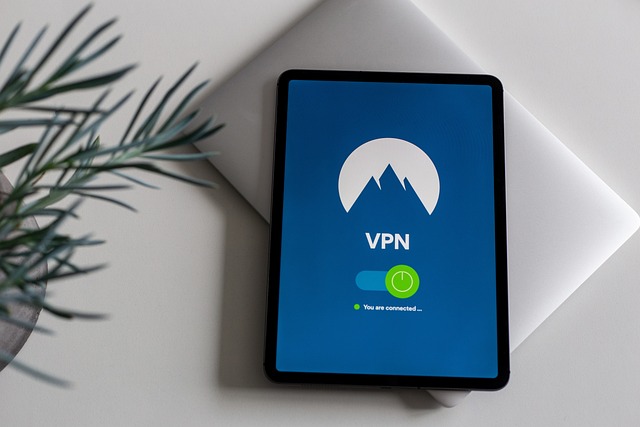Understanding Online Casino Self-Exclusion Tools
Self-exclusion tools provide a structured way for players to restrict access to online gambling platforms. These tools aim to help regulate gambling behaviors.
What Are Self-Exclusion Tools?
Self-exclusion tools prevent players from accessing their online casino accounts for a predetermined period. They can vary by duration, from temporary exclusions (24 hours, 7 days) to permanent bans.
Once activated, players can’t reverse the exclusion until the period ends.
How Do They Enhance Online Gambling Safety?
These tools enhance safety by limiting the ability to gamble impulsively. For instance, a player dealing with compulsive behavior can activate a self-exclusion tool to avoid accessing gambling sites during vulnerable moments.
When combined with other responsible gambling measures like deposit limits and reality checks, self-exclusion tools create a comprehensive safety net.
Self-exclusion measures are often backed by regulatory authorities who mandate their inclusion in online gambling platforms. This regulatory support ensures their availability and efficacy.
Benefits of Using Self-Exclusion Tools
Self-exclusion tools offer multiple benefits for individuals looking to maintain control over their gambling habits.
Preventing Gambling Addiction
Self-exclusion tools effectively prevent gambling addiction by providing users with a structured framework to limit or eliminate their access to online casinos.
If users cannot access gambling platforms, they are less likely to engage in impulsive behaviors.
These tools, such as temporary or permanent account blocks, help break the cycle of dependency by removing the opportunity for immediate gratification.
Additionally, they encourage users to seek alternative activities or professional help if the urge to gamble persists.
Managing Spending Limits
Managing spending limits becomes more straightforward with self-exclusion tools. Many platforms allow users to set limits such as:
- deposits
- bets
- losses
which control their gambling expenditure.
These limits can be adjusted depending on individual needs and monitored through account settings.
By setting predefined spending caps, users can avoid significant financial losses and maintain better control over their budgets.
For example, monthly deposit limits can keep gambling expenses within a manageable range, promoting financial responsibility while engaging in online gaming.
How to Set Up Self-Exclusion in Online Casinos
Step-by-Step Guide

- Log in to Your Account: Start by logging into your online casino account. If you don’t have an account, create one first.
- Find the Self-Exclusion Section: Navigate to the responsible gaming or self-exclusion section. This is usually found in the account settings or a dedicated responsible gambling page.
- Choose Self-Exclusion Options: Select the self-exclusion options that suit your needs. Options often include time-out periods ranging from 24 hours to permanent exclusion.
- Confirm Your Choice: Confirm your selection. The platform may ask you to read terms and conditions before proceeding. Make sure to review them carefully.
- Complete Verification: Some platforms may require identity verification to finalize self-exclusion. Provide necessary documents if prompted.
- Log Out: After setting up self-exclusion, log out of your account. This ensures the tools take effect immediately.
- Set Realistic Time Frames: Choose exclusion periods that realistically reflect your need for a break. Shorter time-outs can prevent impulsive access.
- Inform Friends and Family: Let close ones know about your self-exclusion. They can offer support and encouragement.
- Monitor Activity: Regularly check account settings to ensure the self-exclusion measures stay intact.
- Seek Additional Help: If your gambling issues persist, consider seeking help from professional counselors who specialize in gambling addiction.
Challenges and Limitations
Though self-exclusion tools promote responsible gaming, they face several challenges and limitations.
Bypassing Self-Exclusion
Many users find ways to bypass self-exclusion tools. For instance, some create new accounts using different email addresses, variations of their names, or even different devices.
These actions undermine the effectiveness of self-exclusion measures.
Combining self-exclusion with personal responsibility and external monitoring can help mitigate this issue.
However, platforms constantly update their systems to detect and prevent such attempts by linking account details and monitoring anomalies in user behavior.
Legal and Regulatory Considerations
Legal frameworks around self-exclusion vary by jurisdiction.
Some regions have stringent regulations requiring all gambling operators to offer self-exclusion options, while others lack comprehensive legal mandates.
Users should familiarize themselves with local laws and ensure that their chosen platform complies with legal requirements for self-exclusion.
Additionally, regulatory oversight might be limited or inconsistent, leading to gaps in enforcement and accountability.
Regulatory authorities and gambling platforms must collaborate to standardize self-exclusion measures and ensure their effective implementation.


